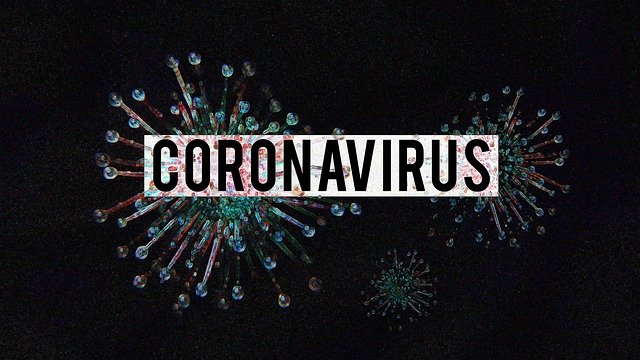
COVID-19, taking actions to stop coronavirus
The coronavirus is the biggest challenge we face as a BID and as a community.
We understand the concerns that many workers, business’ owners, residents and visitors to The Blue have. Therefore we are providing current information we have about COVID-19 below.
What is Coronavirus?
It is a virus similar to a cold or flu, and so difficult to treat, although symptoms may be able to be alleviated in some instances. The strain now affecting the UK and other countries around the world is COVID-19 which is new and for which there is no antidote.
What are the symptoms?
COVID-19 primarily affects your lungs and airways. Early symptoms are tending to be:
- a) a dry cough and/or
- b) high temperature or fever
How does it spread?
It is new and so no-one can be 100% sure. However, it appears to be spread from one person to another (e.g. cough, sneeze, touch etc.)
Why is there so much concern?
Because it has spread so rapidly and is tending to have a higher mortality rate than, say, a cold or flu; and because it is new, so little is known about it and there is no presently known cure.
What is current medical advice?
Do:
- wash your hands with soap and water often (20 secs min)
- always wash your hands when you get home or into work
- use hand sanitiser gel if soap and water are not available
- cover your mouth and nose with a tissue or your sleeve (not your hands) when you cough or sneeze
- put used tissues in the bin immediately and wash your hands afterwards
- avoid close contact with people who are unwell
- self-isolate for 7-days if you have signs of a cough/cold and live alone
- self-isolate for 14-days from the first day of symptoms if you live with others
- contact 111 (a) during self-isolation if symptoms worsen significantly, or (b) after 7-days if symptoms are not better
Don’t:
- touch your eyes, nose or mouth if your hands are not clean
What about other government advice?
- avoid all unnecessary travel
- avoid high risk areas/communities
- avoid large gatherings
What are the other (non-medical) impacts?
At this stage, it is primarily the inevitable economic impacts, signalled by recent falls in stock markets, slower trading in shops/restaurants, together with business failures etc. Self-isolation may introduce other consequences (e.g. loneliness, shortage of provisions etc.).
Is anyone at particular risk?
Yes, it is thought that the following groups have a heightened risk:
- a) elderly (over 70s) and/or
- b) those with pre-existing health conditions that could affect the respiratory system (e.g. cardiovascular, asthma etc.).
What if I am not in a higher-risk group?
If you contract the disease, you are likely to recover fully and relatively quickly. The advice is to self-isolate in order that you do not contaminate others, particularly those in the higher-risk groups.
What is policy of the UK Government aiming to achieve?
- a) reducing fatalities
- b) slowing the virus down
- c) boosting the NHS provision
- d) reducing risk of a dramatic peak

